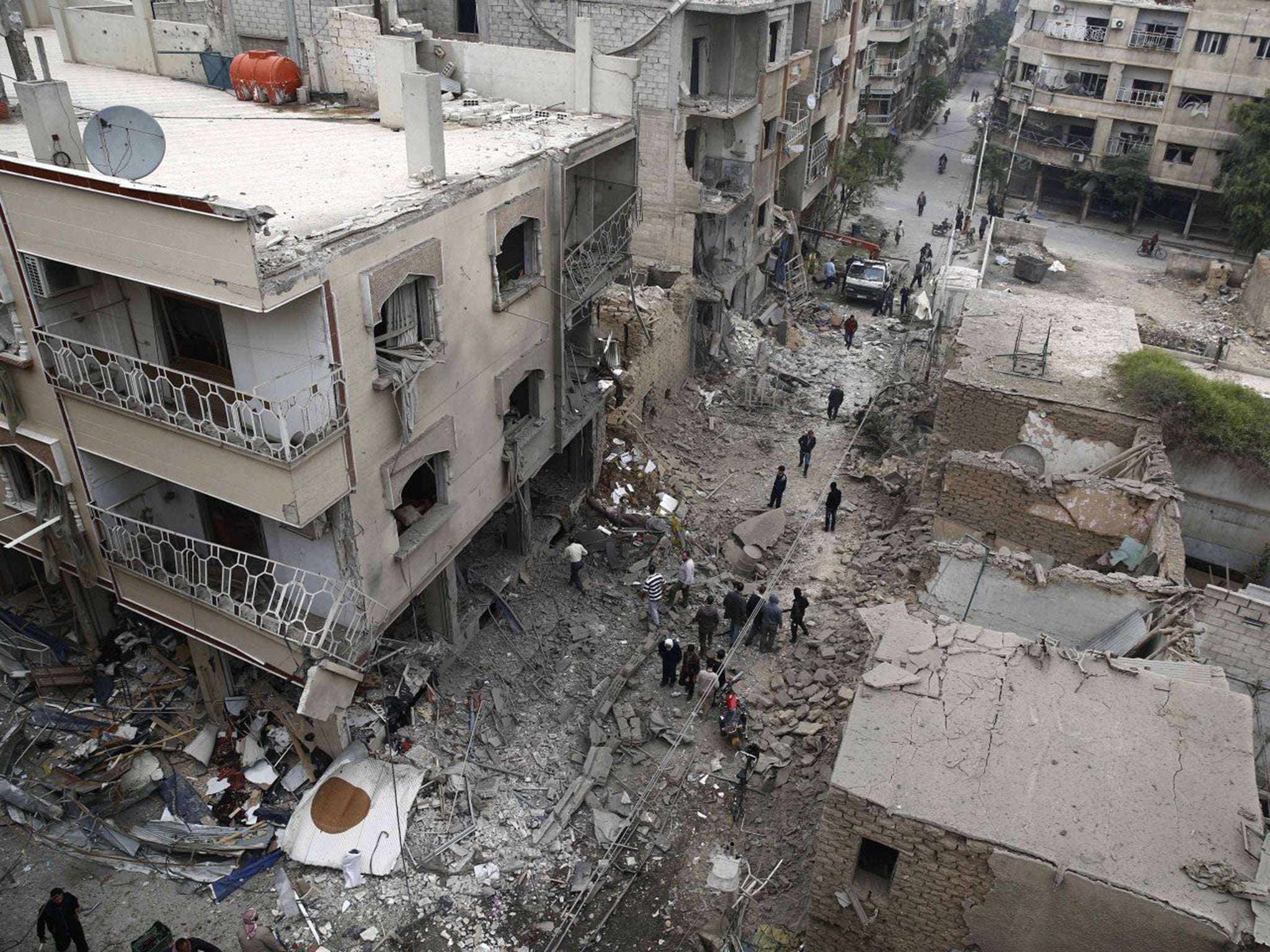Syria air strikes: West stands alone in anti-Isis alliance as regional partners slip away
Saudi Arabia, the UAE and Jordan have moved most of their aircraft to the campaign against Iranian-backed rebels

The international alliance to carry out air strikes against Isis in Syria has, in effect, become a purely Western enterprise with regional partners slipping away as more European states join the mission.
The US and European states had stressed when the military campaign was launched last year that it was vital that neighbours of Syria are part of the coalition. Lack of participation by these countries, it was held, would allow the jihadists to claim that Muslims were under attack from a crusader force.
However, Saudi Arabia and the UAE have moved most of their aircraft to the campaign against Iranian-backed Yemeni Houthi rebels. Jordan, which carried out a surge of strikes following the burning to death of one of its pilots by Isis, has done the same. Bahrain last carried out strikes in February; the Qataris are still flying missions over Syria, but their role is modest. Turkey continues to focus more on hitting Kurdish separatists.
British jets prepare for air strikes in Syria
Show all 10The role of Western members has grown, with Germany about to send 1,200 troops along with Tornado aircraft and a frigate. The Netherlands, which is carrying out attacks in Iraq, is likely to extend that to Syria in the near future.
The RAF carried out reconnaissance flights using Tornados over Syria today, which it had been doing for over a year using Reaper drones, and struck a sniper position in Iraq.
US officials are expected to urge Sunni Arab states to rejoin the anti-Isis military operations as Saudi Arabia holds a conference next week with Syrian rebel groups in preparation for talks due next year between the regime of Bashar al-Assad and the opposition.
Meanwhile, the US and Russia are due to hold meetings to help avoid accidental clashes between the warplanes of the respective states, after the Turks shot down a Russian jet last month. However, Group Captain Richard Davies, station commander at RAF Marnham, stresses that flying in the same air space as the Russians should not cause undue hazards.
“There are agreements in place for the Russians and the coalition to operate together in what is a very large piece of airspace,” he said. “It is more congested flying up the east coast of England than it will be for these crews in Syria.”
Subscribe to Independent Premium to bookmark this article
Want to bookmark your favourite articles and stories to read or reference later? Start your Independent Premium subscription today.

Join our commenting forum
Join thought-provoking conversations, follow other Independent readers and see their replies